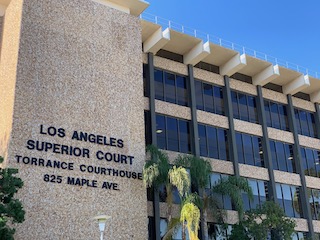Award Recipient
Top 100 Trial Attorneys in the United States
Contact Us for a Free ConsultationThe Gist of this Article: The significant new laws for 2022 include many regarding resentencing for inmates in prison and sentencing on active cases, as well as extending Penal Code § 1473.7(a)(1) motions to vacate for immigration purposes to convictions reached at trial.
 Torrance Courthouse
Torrance Courthouse